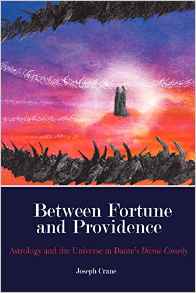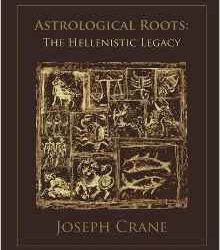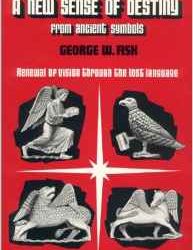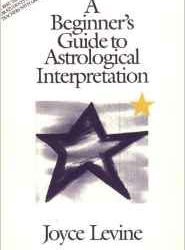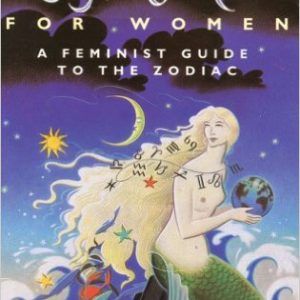Description
In The Divine Comedy Dante tells the story of a pilgrim (himself) who is guided through the realms of the dead – Hell, Purgatory and Paradise – and the lessons about fortune and destiny that he learns along the way. This medieval work is of great interest to modern astrologers. Although astrologers, along with diviners and magicians, were placed in Hell, Dante’s great poem is full of astrology; This book offers the reader an understanding of Dante’s vast cosmology within the poem’s moral, spiritual and dramatic contexts; it is an especially valuable resource for those interested in the intersection of cosmology or astrology and spirituality. The final section of this book explores Inferno 20 and discusses the relationship of astrological practice to that of divination, magic, and prophecy. We see that Dante’s astrology is an expression of nature (and super-nature) that is ordered but subject to change, and, in the earthly realm, subject to decline and the need for regeneration. There are specifi c philosophical traditions underpinning The Divine Comedy’s astrology – are these traditions also within modern astrology? We fi nd that astrology itself, like Dante’s great poem, also dwells between the turnings of personal Fortune and the purposeful universe of Providence.

